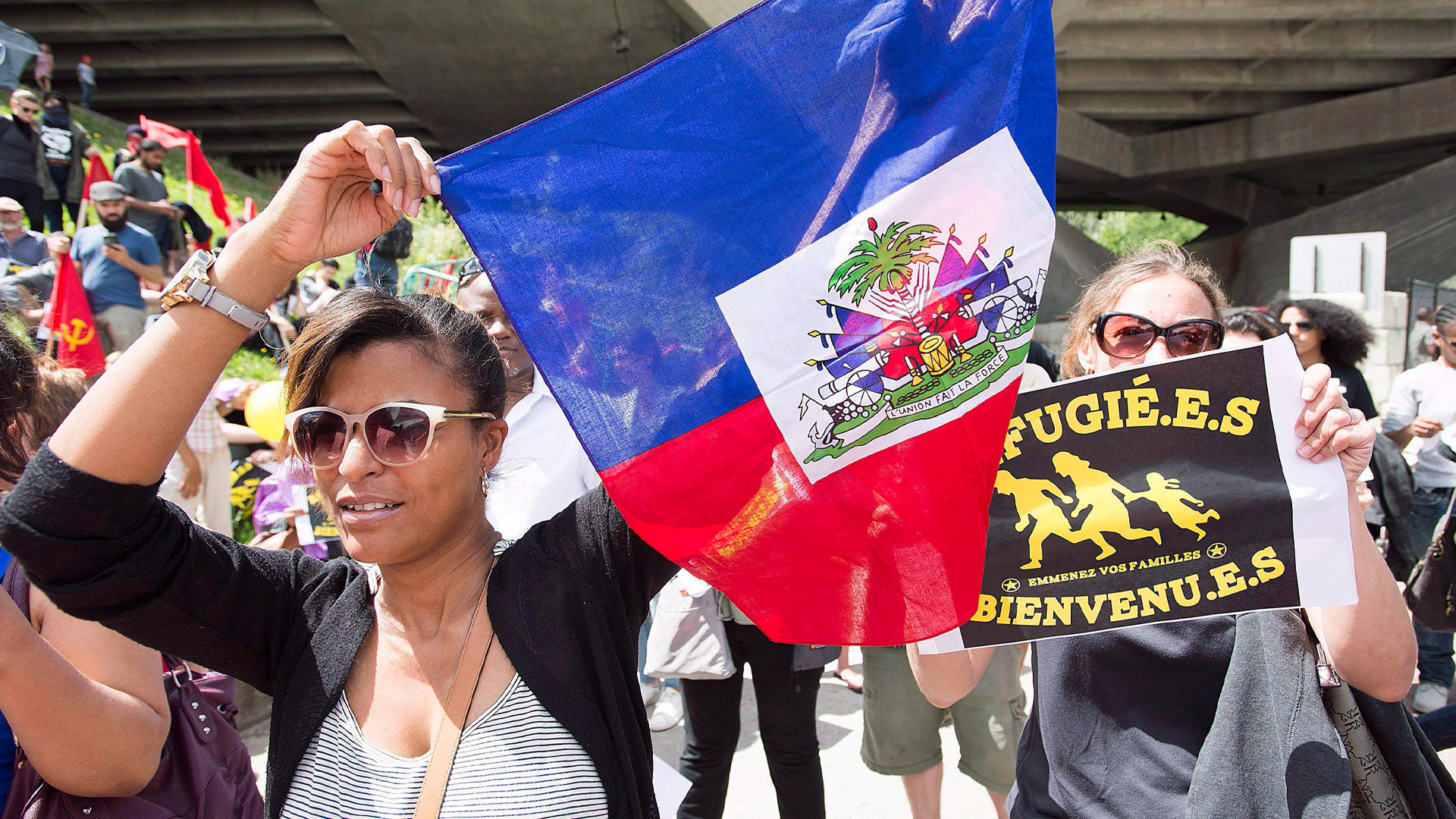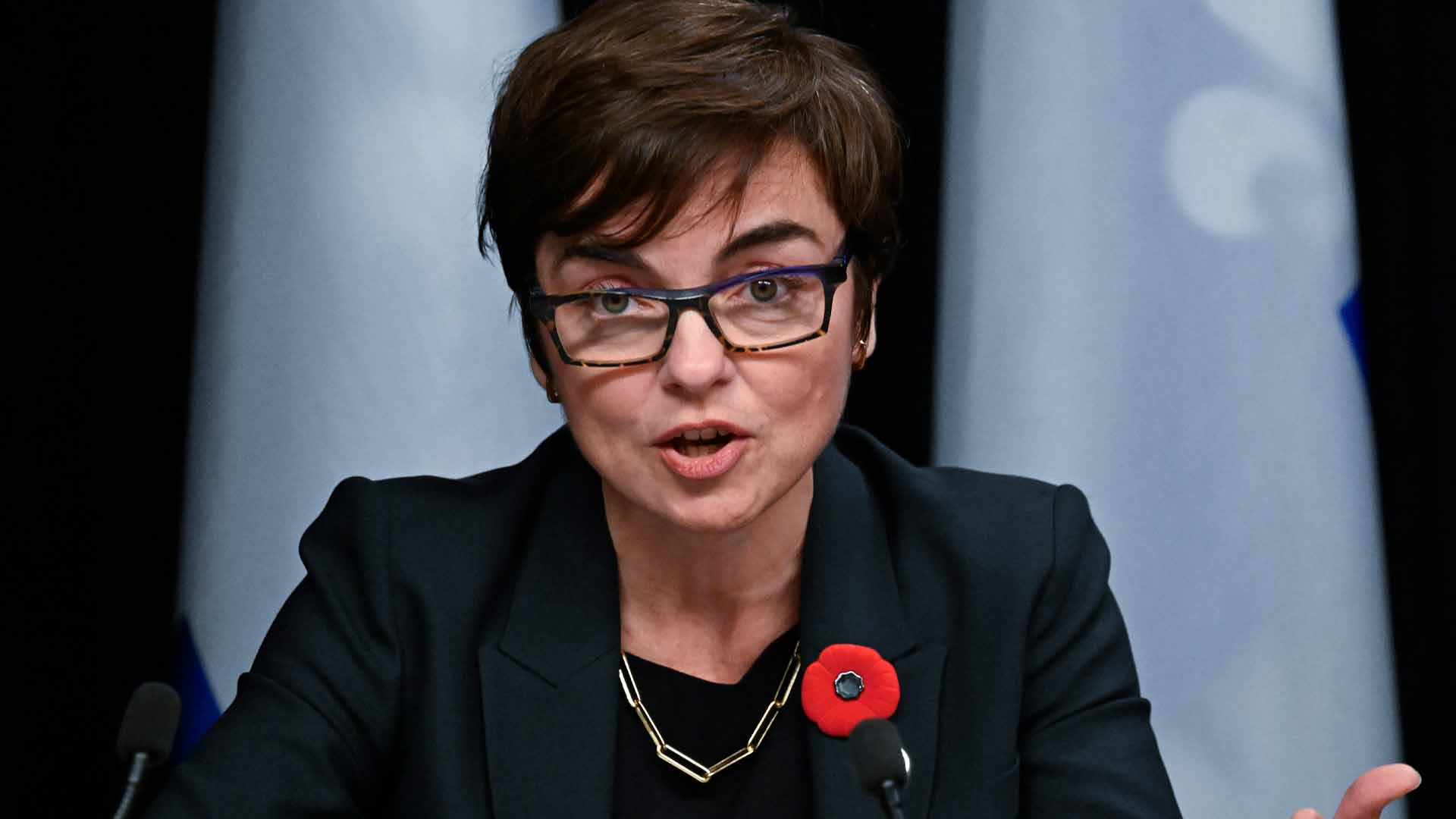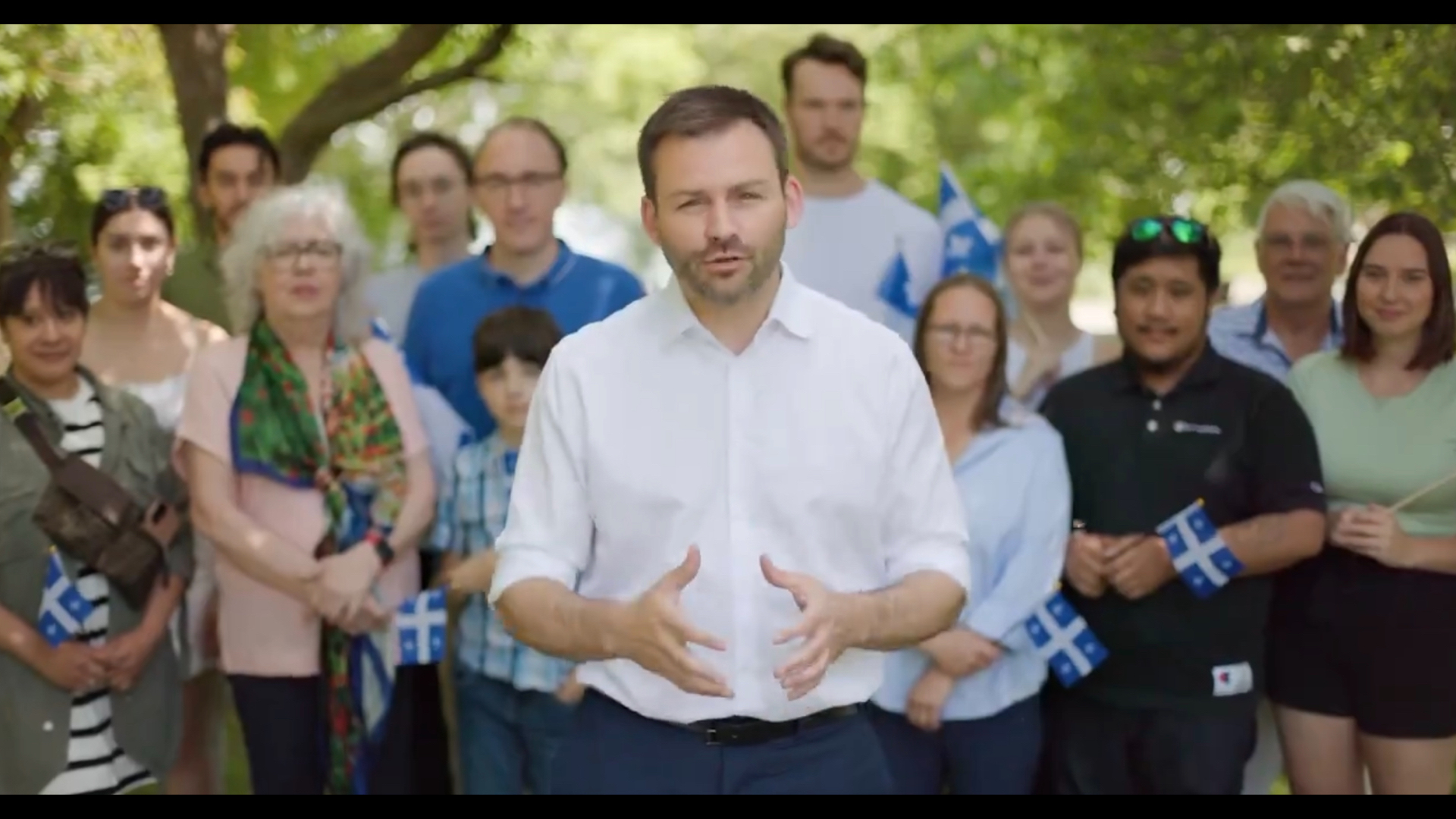
It is striking that Eugene Lang’s commentary does not mention immigration policy. The successful admission and integration of tens of thousands of immigrants every year is foundational to the Canadian economic and social fabric. Yet in the last nine years there have been large changes in immigration policy, coupled with a subtle undermining of Canada’s historical commitment to multicultural accommodation. These have produced extraordinary shifts in the intake of immigrants to Canada and the experience of integrating into Canada. For those who believe that Canada is an immigrant country, one that should pride itself on the welcome it issues to immigrants, these changes are profoundly troubling.
Under Conservative rule, Canada has ignored our often generous historical commitment to the admission of refugees, by radically altering the mechanisms by which those seeking asylum are admitted. The refugee system is now leaner and meaner than it has ever been: refugee claimants are not only denied access to publicly funded health care while their claims are being processed, they also have less time to prove their eligibility for asylum and fewer opportunities to appeal decisions against them. They are more likely to be detained. And claimants who unluckily hail from the newly implemented list of “designated safe countries of origin,” which include Hungary and Mexico, are presumed to be making false claims and subjected to expedited review without effective right of appeal.
Under Conservative rule, the Temporary Foreign Worker Program has been expanded monumentally, from approximately 100,000 in 2003 to over 300,000 in 2012. In spite of recent attempts to reduce the exploitation of workers participating in these programs, the government continues to permit large numbers of foreign workers to join the labour force in industries facing ongoing (i.e., not acute) labour shortages, all the while refusing to put adequate resources into ensuring that their working conditions are safe. They continue to deny most of these workers the right to become citizens, even after they have contributed in essential ways to the Canadian economy. Instead, due to the government’s unwillingness to provide sufficient resources to process their requests to stay, in April 2014 an estimated 70,000 of these workers became “illegal” and were thus placed at immediate risk of deportation, some even after being employed for four years in industries facing chronic labour shortages. These policies signal that foreign workers are mere commodities, to be expended at the government’s discretion, in spite of their critical role in supporting Canada’s economy.
Under Conservative rule, the environment into which migrants are welcomed has become noticeably colder. Under the Pierre Trudeau government of the 1970s, Canada made a commitment to welcoming immigrants by embracing multicultural accommodation. This policy was understood as a two-way street, requiring immigrants to work towards the adopting of Canadian norms and values and Canadians to recognize when accommodations were required to facilitate this adaptation. Instead, the current government has adopted rhetoric that serves only to stigmatize Muslims in Canada (only 3.2 percent of the Canadian population is Muslim); for example, by naming and adopting the Zero Tolerance for Barbaric Cultural Practices Act. This Act, moreover, appears intended to cultivate the belief that Muslim immigrants are a threat to Canada: passed in 2015, it targets practices that include honour killing and forced marriage, which are already illegal in Canada, and which are not so implicitly associated with hard-line interpretations of Islam. Consistent with a desire to demonize Muslim migrants and refuse reasonable accommodations, the government continues to insist that taking the oath of citizenship with a covered face amounts to a rejection of the Canadian values that one is supposed to endorse by reciting the oath. The combination of anti-Muslim policies and rhetoric of the last decade has made the Muslim Canadian population feel unwelcome and has contributed to the victimization of Muslim Canadians.
Under Conservative rule, we have witnessed the reintroduction of citizenship revocation (a policy explicitly abandoned in 1977 for its failure to acknowledge citizenship as a right) for dual citizens, regardless of where they are born. Now dual citizens who are convicted of crimes deemed sufficiently grave will be subject to having their citizenship revoked and to being deported to their countries of second citizenship. Following a criminal conviction, the citizenship and immigration minister will have the discretion to revoke citizenship. Not only does such a law rest on the mistaken belief that citizenship is a privilege rather than a right, it subjects citizens to unequal punishments and threatens some with deportation to unsafe countries.
Will a Liberal or NDP government return us to the old way of doing things? Justin Trudeau delivered a rousing speech celebrating the diversity of Canada. The NDP has voiced strong opposition to revoking citizenship. But overall the competing parties have been too quiet on these drastic changes to Canadian immigration. Immigrant advocates must ask for the following: the re-embracing of our duties to refugees in desperate need of asylum and to their proper treatment in Canada; the abandonment of policies that treat temporary foreign workers as expendable commodities; and a return to the welcoming and accommodating environment that had, up until the last few years, been the foundation of Canada’s success as an immigrant nation.
Patti Tamara Lenard is associate professor in the Graduate School of Public and International Affairs at the University of Ottawa.







